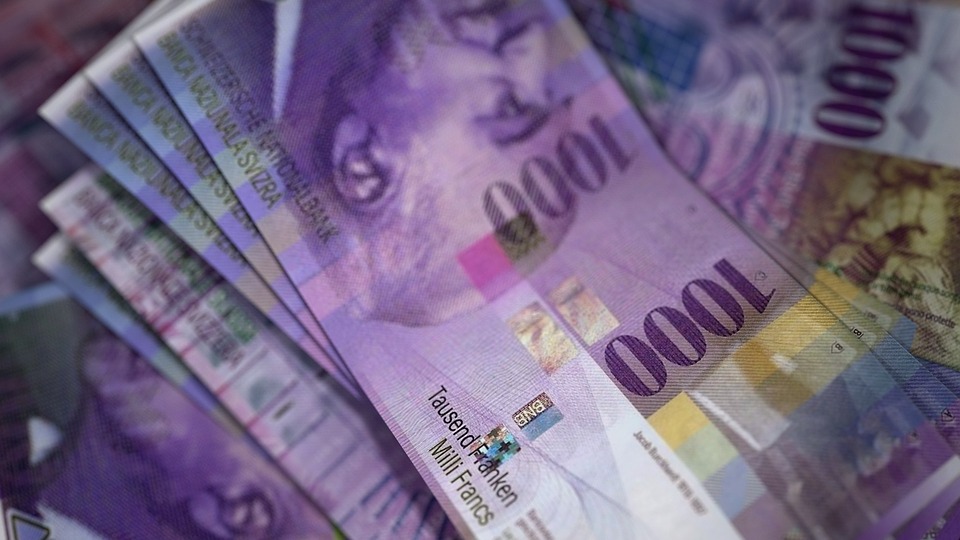POLL-Trade truce may not be enough to ignite emerging-market currencies

Emerging-market currencies will need a reprieve from global trade tensions to strengthen as they head into a new year filled with uncertainty and a world economy showing signs of a synchronised slowdown, a Reuters poll of strategists showed. U.S. President Donald Trump's suggestion he may sign a trade deal with Chinese President Xi Jinping set off a flurry of optimism that representatives from the world's two largest economies would might sign a preliminary agreement soon.
The two countries have agreed to cancel in phases tariffs imposed during their months-long trade war, the Chinese commerce minister said on Thursday. But no timetable was laid out. "We retain our scepticism that over the mid-term horizon emerging markets will be able to hold to their gains (as) 2020 is likely to be a challenging year for the global economy," said Piotr Matys, senior emerging markets strategist at Rabobank.
"That said, the prospect of a short-term trade truce could fuel capital inflows to emerging markets over the short-term horizon, leading to further currency gains," he said. But if nothing comes of trade talks or they are postponed once again, the U.S. dollar may remain resilient.
In Asia, the Chinese yuan is predicted to weaken against the dollar over the coming year despite recent gains. The Indian rupee is also unlikely to recoup this year's losses. If current trends hold up, the Russian rouble, up about 8% year to date, will end the year as the best-performing key emerging market currency. The latest Reuters poll predicted it would be relatively steady at 65.00 per dollar in 12 months.
The Turkish lira, down about 8%, is set to finish 2019 as the second-weakest performer after Argentina's peso, which has been clobbered by a financial crisis. Problems in Latin America's third-biggest economy have not spread to other currencies in the region, as some feared. But forecasts for Brazil's real and Mexico's peso reflect caution over a weak economic outlook.
Governments in both countries kept public finances in check this year, but officials have failed to deliver on promises of healthier growth as private investment remained muted. Mexican businesses are reluctant to begin major projects, fearing conflict with an administration they consider too interventionist. Their Brazilian peers are still waiting for opportunities from much-vaunted reforms.
A turnaround in hopes for the global economy is a condition under which South Africa's rand usually shines. If it holds on to the 2%-plus gains it has made this week, it's likely to top the list of 20 emerging-market currencies tracked by Reuters on Refinitiv data this month. Medians from the latest Reuters FX poll forecast the rand will be relatively steady at 14.89/% in 12 months. But domestic challenges lie ahead.
Moody's left South Africa's credit rating on the brink of junk status on Friday, when it revised the outlook on the country's last investment-grade credit rating to "negative". Moody's said it revised its "Baa" rating, the lowest rung of investment grade, because the outlook for economic growth deteriorated and debt rose.
"I think the rand forecast suggests limited upside in the South African economy in the next year -- a weak fundamental outlook has been priced in," said Elize Kruger, senior economist at NKC African Economics. A separate Reuters poll expects South Africa's economy to grow 1.2% in 2020, compared with a forecast for just 0.6% growth this year.
Also Read: Stand-off at Ethiopian activist's home amid tensions with PM - Reuters witness
(This story has not been edited by Devdiscourse staff and is auto-generated from a syndicated feed.)
ALSO READ
It’s firebrand leader versus royal legacy in Krishnanagar
Motor racing-Formula One statistics for the Japanese Grand Prix
Wyndham Hotels & Resorts plans to introduce budget brands in India
NEWSMAKER-Senegalese firebrand Ousmane Sonko to head new government
BJD, BJP submit memorandums to EC over poll code violations










